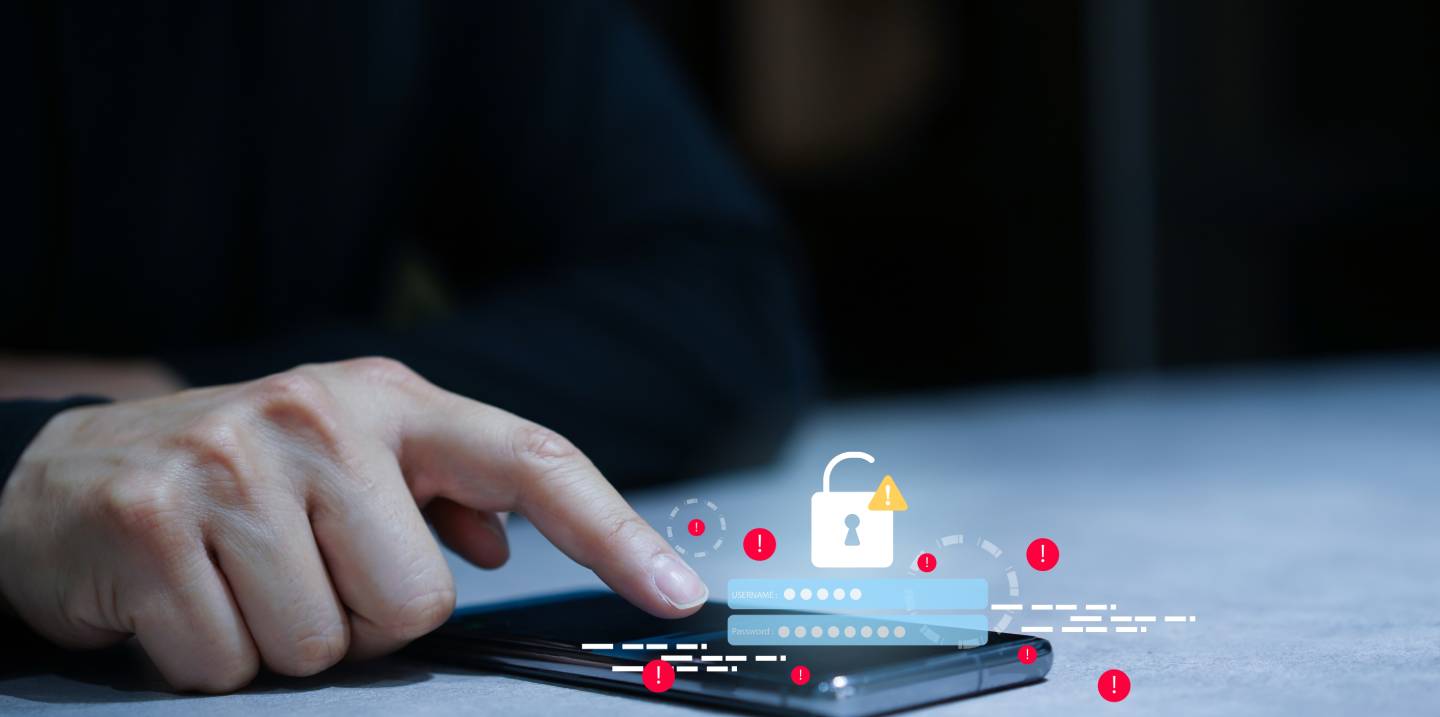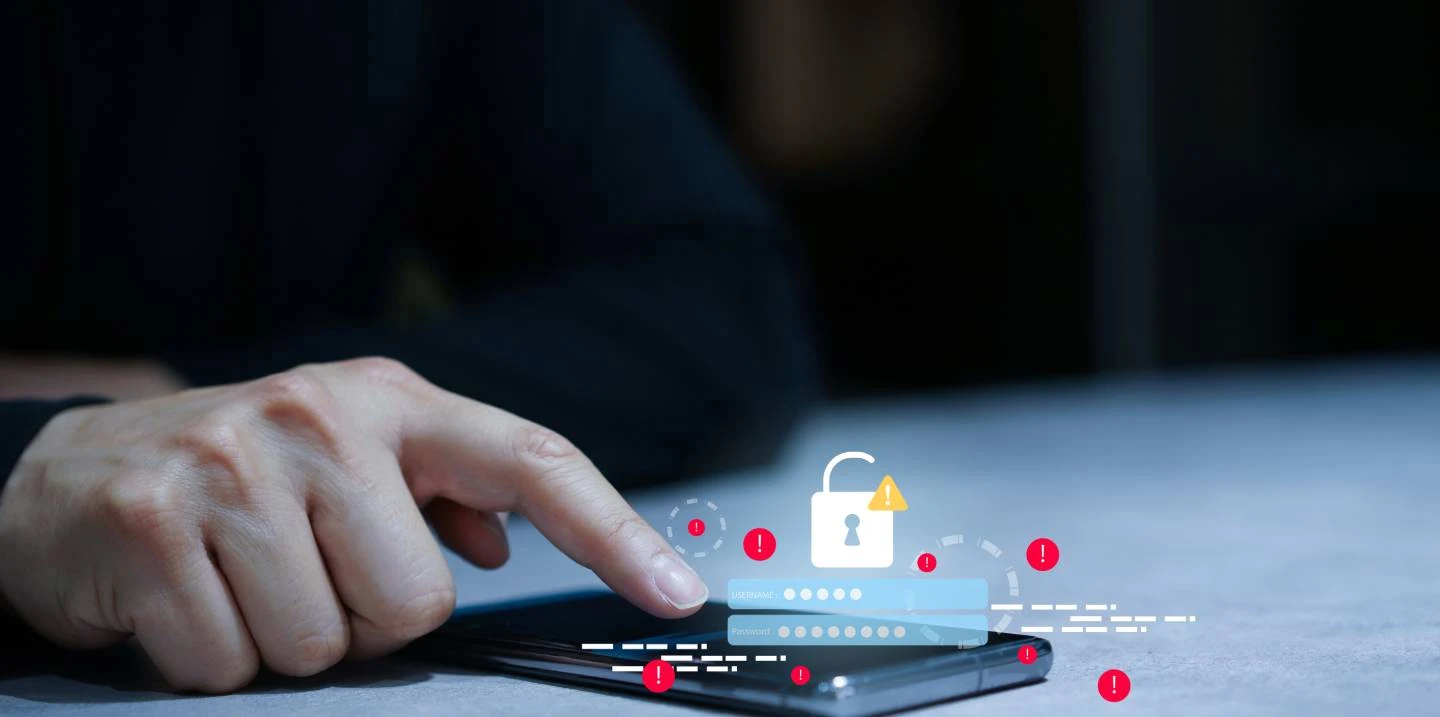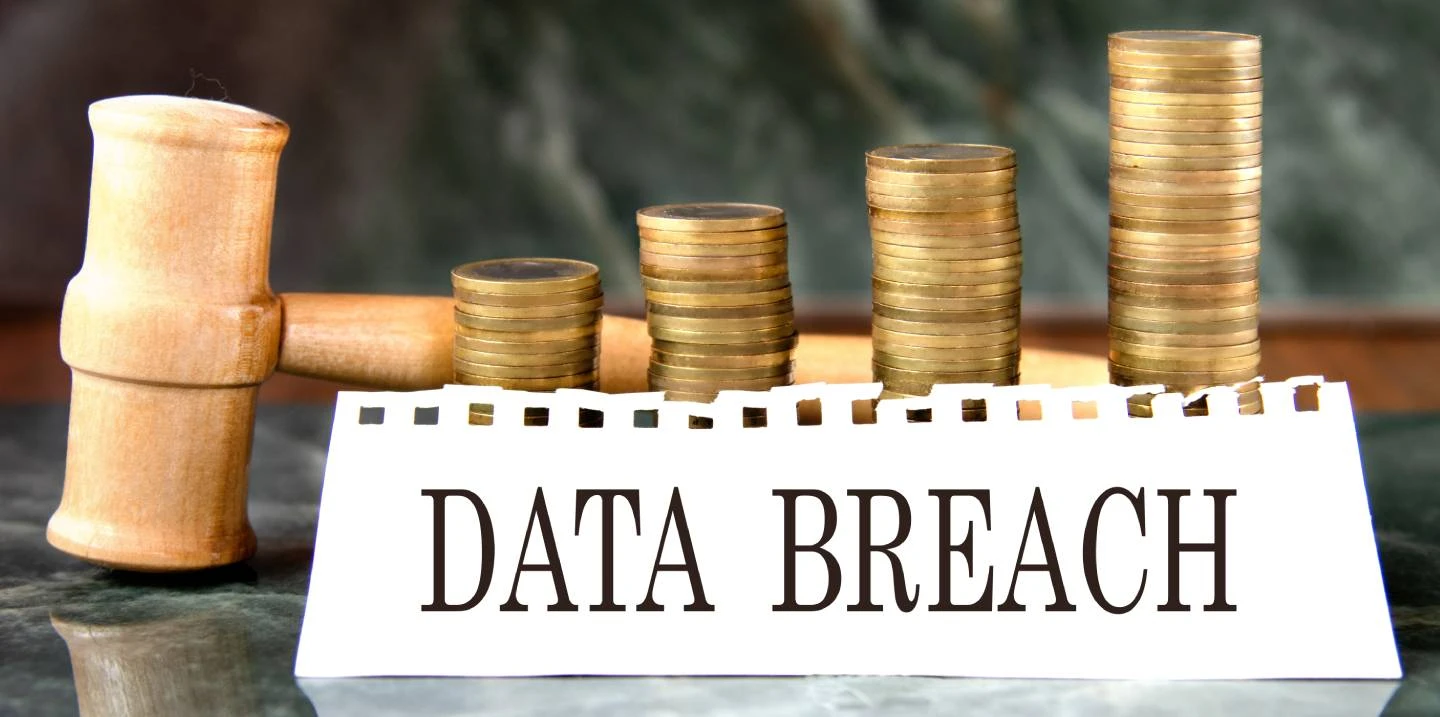Why Ransomware Is Still the Biggest Threat to UK SMEs in 2025
The Growing Ransomware Threat to SMEs
Ransomware is the leading cyber-threat that small and medium-sized enterprises (SMEs) face in the UK. In recent years, ransomware attacks in the UK have increased by 70%, making it the second-most targeted country for cyber attacks globally. Unlike large enterprises, SMEs often lack the resources needed to recover from such attacks, which makes them appealing targets for cyber criminals.
What is a ransomware attack?
A ransomware attack works by encrypting a company's data and demanding a ransom for its release. Many SMEs, eager to regain access to their files, feel pressured to pay the ransom, resulting in further financial and reputational damage. With evolving attack methods and rising ransom demands, ransomware continues to be the biggest challenge for cyber security for small businesses UK in 2025.

The Alarming Rise of Ransomware Attacks
Ransomware remains one of the most devastating cyber threats for SMEs in the UK, with attacks becoming increasingly frequent and costly each year. Many businesses, desperate to regain access to their systems, often pay significant ransoms, only to discover that their data is still compromised or that cyber criminals demand even more money.
This cycle of extortion can severely impact operations. The impact of ransomware attack can deplete financial resources and do immense reputational damage. Instead of dealing with the aftermath of an attack, SMEs should prioritise ransomware prevention strategies, ensuring they have robust defences in place to protect their business against ransomware and other cyber threats.
How Ransomware Attacks Are Evolving
Cyber criminals are employing new tactics to target small and medium-sized enterprises (SMEs), including:
- Double Extortion Ransomware: Hackers first steal sensitive data before encrypting it, they then threaten to leak this data if the ransom is not paid.
- Ransomware-as-a-Service (RaaS): Criminals with no hacking skills can purchase ransomware kits on the dark web, making it easier and more common for attacks to occur.
- Targeting Cloud Backups: Attackers are increasingly going after cloud storage and backup systems, ensuring that businesses have no recovery options available.

How SMEs Can Protect Themselves
- Regularly Back Up Data : The best defence against ransomware is to have secure, offline backups. When your data is backed up properly, you won't need to pay a ransom.
- Best Backup Practices:
- Use the 3-2-1 rule: Keep 3 copies of your data on 2 different types of storage, with 1 copy stored offline.
- Regularly test your backups to ensure a quick recovery.
- Consider DCG's managed backup solutions, which are designed to keep small and medium-sized enterprises (SMEs) data safe.
- Enable Multi-Factor Authentication (MFA) : Approximately 80% of ransomware attacks exploit weak passwords. Enabling MFA can significantly reduce the chances of hackers being able to gain access to your data.
- Train Employees to Spot Phishing Emails : Most SME cyber attack incidents begin with a phishing email. Training staff on how to recognise suspicious emails can help prevent attacks before they occur.
- Establish a Ransomware Response Plan : An adequately prepared SME can respond swiftly to a ransomware attack, thereby minimising potential damage.

Key Steps to Follow:
- Immediately isolate infected devices.
- Contact cyber security experts (such as DCG) for assistance.
- Report the incident to the National Cyber Security Centre and Action Fraud UK.
- Do not pay the ransom, as there is no guarantee of recovering your data.
What's Next? The Future of Ransomware
Experts predict that ransomware will become even more sophisticated in 2025. Key points include:
- AI-powered ransomware that adapts in real-time.
- Attacks specifically targeting small and medium-sized enterprises (SMEs), as they are viewed as “easy targets.”
- Stronger UK cyber security regulations that will require SMEs to enhance their defences.
- Enhanced data protection for SMEs will become essential for business survival.
Take Action Now
Ransomware isn't going away, it's expected to worsen. SMEs that proactively invest in cyber security will be able to avoid devastating financial and reputational losses.
In need of a consultation? Get in touch with the team at DCG.
Author:
Philip Blake
Managing Director
Disruptive Cyber Group





